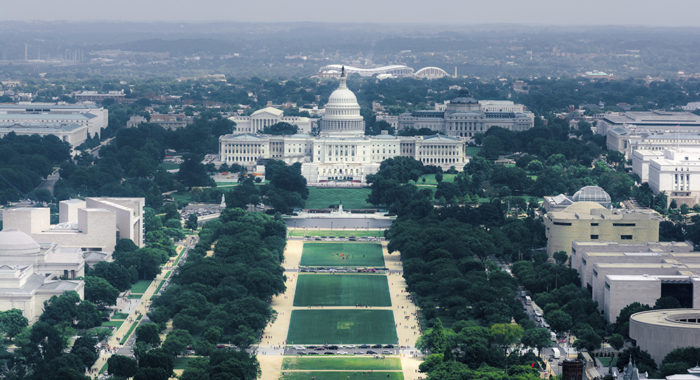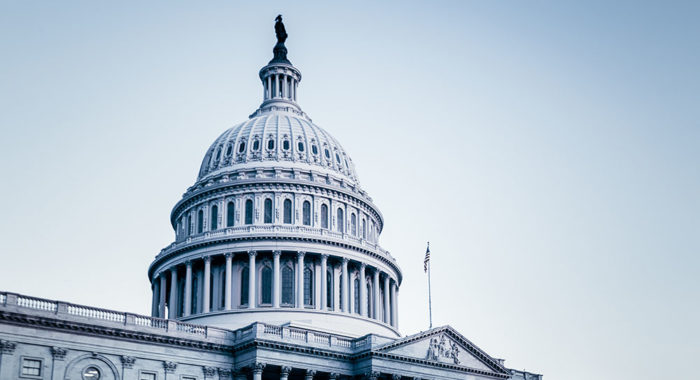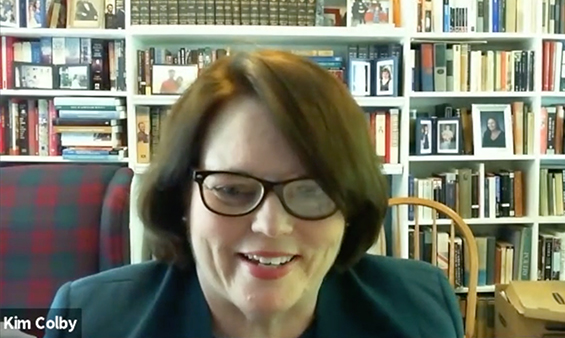
In a notable victory for conscience protections, the Department of Health and Human Services recently declined to appeal two federal court decisions barring it from imposing requirements on religious doctors and hospitals to perform gender transition procedures against their conscience and professional medical judgment.
The National Association of Evangelicals has long advocated for religious freedom and liberty of conscience for all people. We recognize the constitutional freedom of all citizens, knowing that in our democratic and pluralistic society this freedom may lead to legal rights and personal choices that undermine human flourishing. At the same time, health care professionals must have the freedom to decline requests for interventions that they believe are unwise or unethical.
When government agencies propose regulations that threaten the protection of conscience rights, the NAE often submits comments that agency staff are required by law to read and consider before issuing final regulations. In 2016, the NAE and several partner groups filed comments with HHS arguing that the department lacks statutory authority under the Affordable Care Act to institute policies mandating gender transitions. Some of the recommended procedures can create irreparable harm to healthy bodies. The comments argue that “no hospital should be required to perform a procedure or provide a treatment that is ethically questionable or potentially harmful to patients.”
In 2022, the NAE again joined partners in filing comments with HHS urging that the Bostock decision regarding employment nondiscrimination based on sex not be improperly extended to health care policy where the biological sex of a patient is often a relevant factor in treatment decisions. The comments point out that the Bostock court treats sex as a binary, male-female characteristic that, taken literally, can be viewed as a factor in how gay or transgender employees are seen. The comments again argue that there is no statutory basis for imposing treatment mandates on health care providers that may violate their medical judgment, as well as their ethics, conscience and religious commitments.
Most recently, the NAE and partners submitted comments to HHS on proposed conscience regulations that partially rescind a 2019 rule clarifying conscience protections for health care workers and providers. The proposed new rule would pit conscience rights against other interests, such as avoiding delays if a doctor refers to another provider. However, the statutory conscience protections are categorical, not subject to a balancing test. We argue that the proposed rule “poses a false choice between either honoring statutory conscience rights or mere delay in delivering health care benefits. It is the government that is statutorily charged by Congress to step up and both honor conscience and deliver the health benefits.”
In addition to submitting comments to government agencies, the NAE also files amicus briefs to help courts properly interpret the law and uphold constitutional rights when government actions violate religious freedom or pressure citizens to violate their conscience. We know that for people of faith, religious freedom encompasses the right to gather with others for worship, but also includes freedom to live by religious views that contribute to the diversity of our culture.



 View All Updates
View All Updates 


























